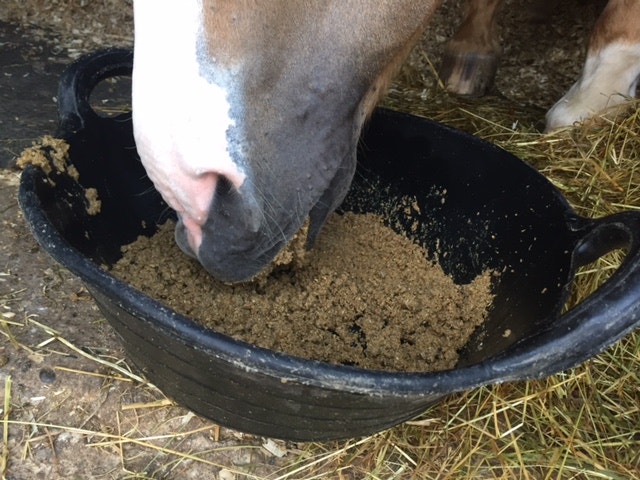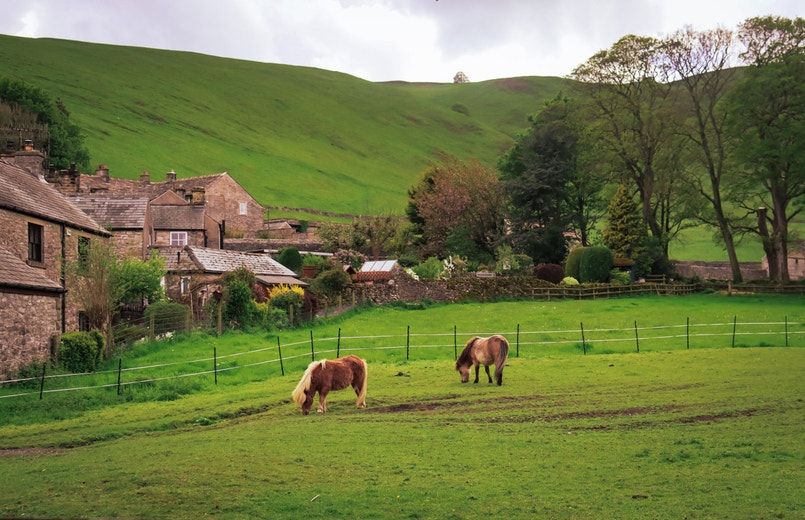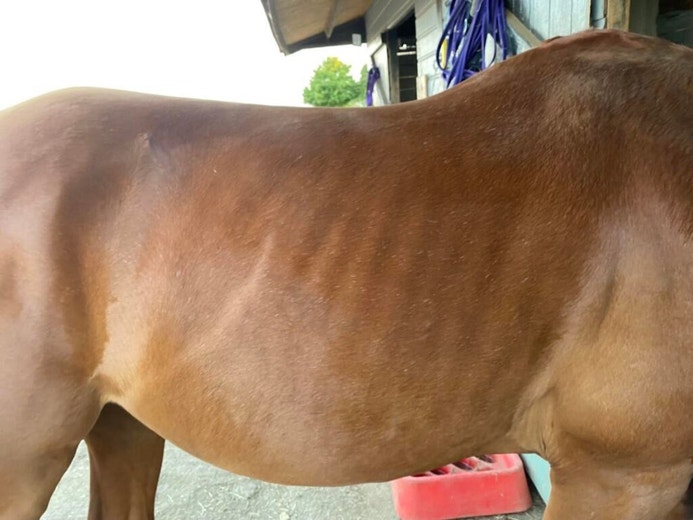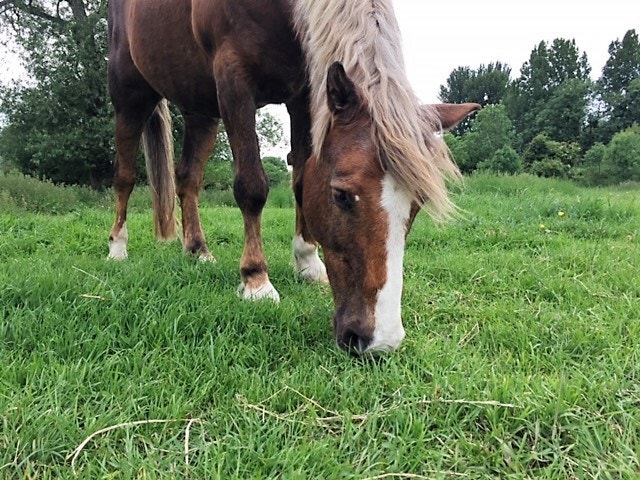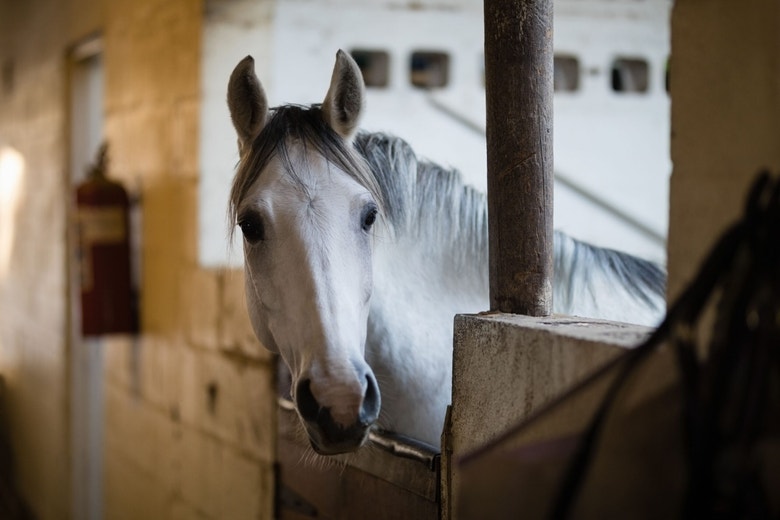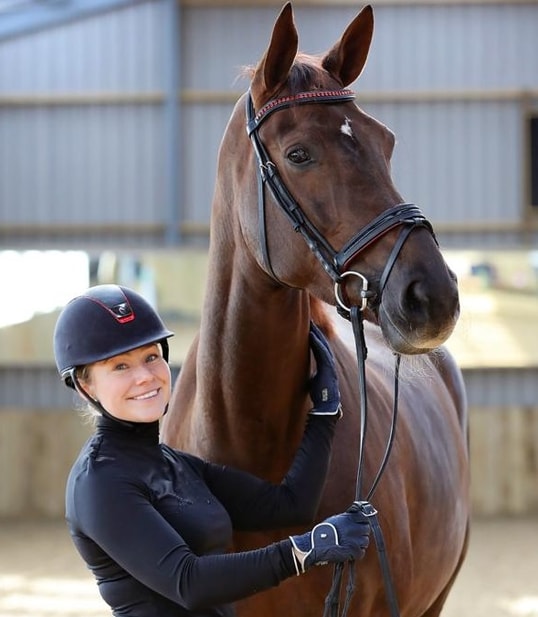
What to feed a new horse
Getting a new horse is an exciting experience, but it also comes with its challenges. Getting to know your new horse and helping them to settle into their new home and routine takes time. Their diet is one such factor to be considered as it can be influential to their temperament as well as their long-term health and wellbeing.
History
It’s always best to get as much information from the previous owner as possible before you collect your new horse so you can get prepared in advance.
Questions to ask:
- Does the horse get turned out? If so, for how long?
- Does the horse usually come into the stable? Overnight? During the day? For how long?
- Does the horse have restricted grazing or unlimited? How much grass coverage is there at the moment?
- Does the horse usually have hay or haylage? Soaked hay or dry? Straw?
- What is the horse’s current bucket feed? Which products and how much of each per meal?
Once you have the answers to these questions you will be able to make a plan on how to transition your new horse to your own routine and environment as smoothly as possible.
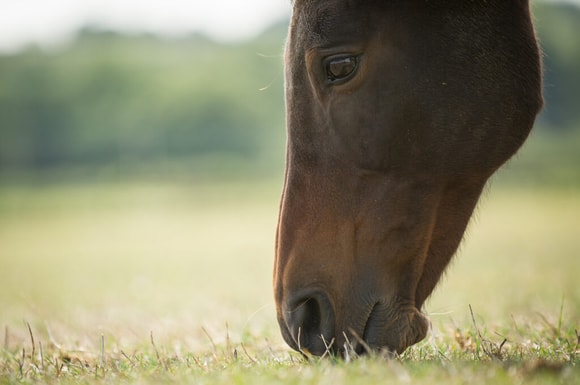
The first few weeks
If the horse is used to eating a lot of hay/haylage it’s also worth asking the previous owners if you can have or buy some of their forage to take with you. Whilst not always possible, the gold standard would be to transition their forage over a 21-day period, so you’d want to take enough hay/haylage from their existing supplier to help the transition. This is often not feasible but taking enough forage to transition over a 3-5 day period would still be more beneficial than not.
As with the forage, it’s worth asking the previous owners if you can take some of their feed with you so that you can begin a transition phase onto a new diet.
Forage fundamentals
Forage (or a suitable forage replacer) should be the foundation of every horse’s diet. The fibre provided by forage is essential for maintaining digestive health and a healthy digestive system is the foundation of a healthy horse! Ideally horses should be provided with as much forage as they will eat, while being mindful of excess waste, but this is not always practical for those prone to weight gain. Total forage intake should not be restricted to less than 1.5% of current bodyweight per day on a dry matter basis. For a 500kg horse without grazing, this is equivalent to approximately 9kg of hay if it is to be fed dry, 11kg if you intend to soak it before feeding or 11-12kg of haylage on an ‘as fed’ basis (the amount to you need to weigh out).
Choosing the right feed
We hope when we buy any new horse that they will arrive with us in an ideal body condition, but it is not uncommon that they will arrive overweight or sometimes even underweight. It’s important to adjust their diet to take into account their current body condition whilst considering their existing diet during the transition period.
Although many horses and ponies maintain weight easily (or too easily!) on forage alone, forage only diets may be in lacking in key nutrients including copper, zinc, selenium, vitamin E and lysine.
In addition to forage, a horse's diet should include a source of quality protein, vitamins, and minerals. This is where balancers come in, balancers are a low intake feed (typically fed at 500g per day for a 500kg horse) designed to provide a concentrated source of vitamins, minerals and amino acids to balance a forage-based diet, without excess calories, making them the ideal option for good doers.
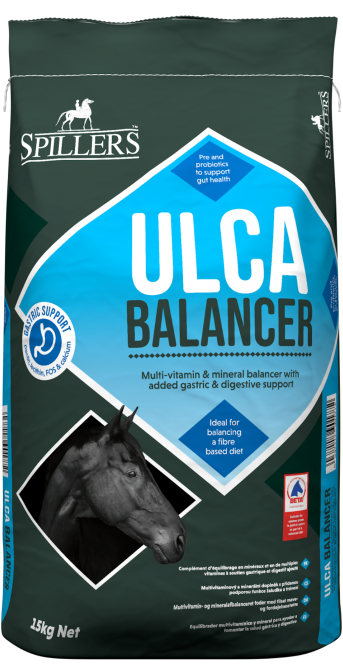
For a new horse, SPILLERS Ulca Balancer(open in new tab) makes an excellent choice. As well as supplying essential vitamins, minerals and amino acids, SPILLERS Ulca Balancer(open in new tab) contains high levels of active ingredients to support your horse’s digestive health and help ease the transition onto their new diet. The live yeast and prebiotics are particularly beneficial to supporting a healthy gut microbiome.
All balancers are however very low calorie and will not be suitable for poor doers. If your new horse needs more calories to maintain their weight or gain weight, read our guide here.
Expect to see gradual improvement.
Whether you are intentionally trying to help your new horse gain or lose weight, or even stay the same, changes in weight should be made safely and over a period of time.
Simply ensuring your new horse has a balanced diet will make a huge contribution to their overall health and well-being in the long run. A gleaming coat will start to show in no time!
For more tips or advice on feeding a new horse contact the SPILLERS Care-Line on 01908 226626.
